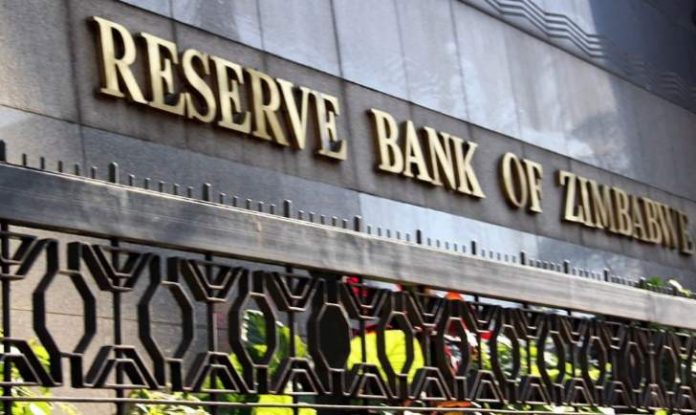Ryan Chigoche
HARARE – The introduction of the gold coins on July 25 was one of the numerous policy initiatives aimed at reducing demand for the US currency and reining in inflation that was on the rise.
In their early days, the Mosiatunya coins managed to halt the decline in the parallel market rate for the Zimbabwe dollar, allowing it to converge with the official rate, which has plunged more than 80% against the US currency this year. As of 12 October 2022, both the official and the black market rates traded at Z$650 to the greenback. To date gold-backed digital tokens issued are northwards of Z$200bln.
However, nine months down the line the gap between the parallel market and the official has continued to widen as the Zimbabwean dollar continues to depreciate with demand for the greenback soaring. Since their inception, the coins haven’t significantly curbed inflation in other words they haven’t been effective as the economy is still facing the same challenges.
In the presence of the gold coins, the ZWL has been depreciating steadily against the US dollar. The official inflation rate reached 285.7% in January 2024, eroding purchasing power, and pricing headaches to businesses.
Commenting on the issue economist an economist with FBC Enock Rukarwa told The Anchor that the rapid growth in broad money supply is making the gold coins ineffective.
”Gold coins and gold-backed digital tokens introduced an alternative instrument for storing value given limited viable investment asset classes in the country. However, as a contractionary monetary policy measure, it can only be effective in an economy with zero or mild broad money supply growth. It’s unfortunate that broad money supply growth in the country has been galloping at elevated levels waning the effectiveness of gold coins and digital tokens in anchoring inflationary pressures,” he said.
Zimbabwe’s broad money supply (M2) has been growing significantly in recent years. Its year-on-year growth in January 2023: 66.5% October 2023: 109.3% and in January 2024: 112.3% according to the RBZ.
Prosper Chitambara who is also an economist told The Anchor that the low uptake of the coins was the reason why they couldn’t be effective.
” The gold coins they were not widely accepted by economic agents. When you look at the uptake it was mainly the corporates or institutional investors that took them up so obviously that affected their effectiveness so most people prefer to hold their wealth in USD because it’s a highly tradeable and stable asset. So In spite of gold coins most people still prefer to store their value in the form of USD.,” he said.
However, it’s important to note that while they haven’t yet achieved their intended goals, the gold coins haven’t “failed” entirely. Their limited supply and adoption haven’t been enough to counter the underlying economic issues driving inflation. However, the coins remain a good storer of value and a safe investment option.
As the RBZ has already introduced gold coins and a gold-backed digital token ( all failing to have a significant impact on stabilizing the ZWL )a full-fledged gold-backed currency is on the cards with a currency board.
The currency board, which will provide a waterproof against speculative attacks and could as well boost confidence if structured properly, will have external reserves of the asset that is equal to 100% of the currency in circulation. This will ultimately ensure that the value of the local currency will be determined solely by market forces.
”A currency board is one of the tools that can be used to address currency crisis issues, however local currency depreciation is now a function of numerous endogenous and exogenous factors and for this tool to work effectively we have to sterilize other negative input factors to our currency crisis model.” Rukarwa said.
For it to be successful Chitambara said there is a need for fiscal discipline Mutambara, ”In the medium to long term we need to sustain or to ensure fiscal sustainability through ensuring there is fiscal discipline, risk structured public spending with a view of eliminating non-productive spending..we should also ensure monetary discipline through controlling money supply growth then of coz institutional reforms to address inefficiencies in parastatals.










